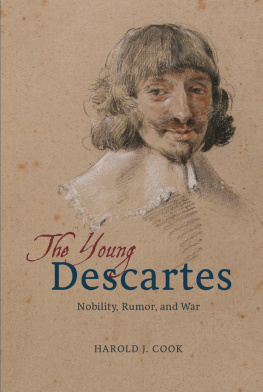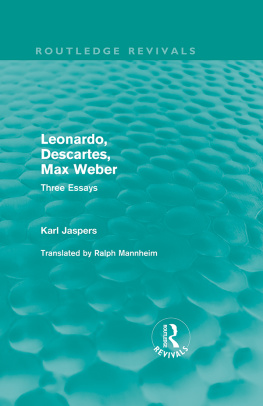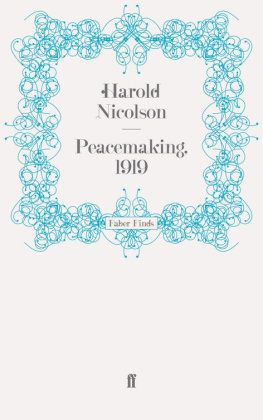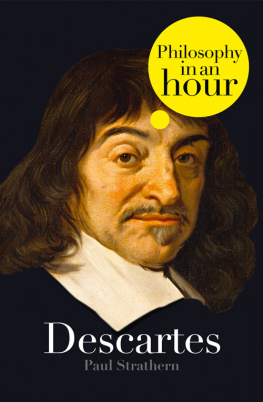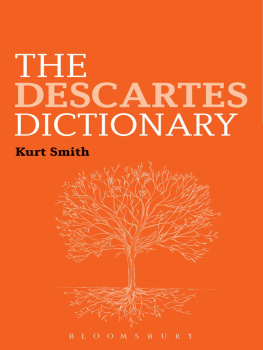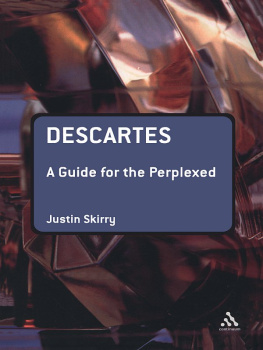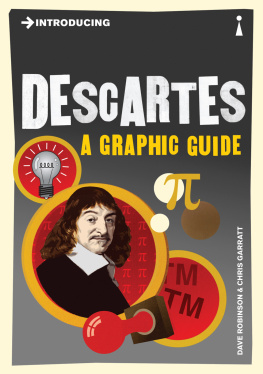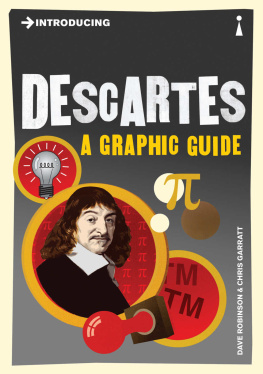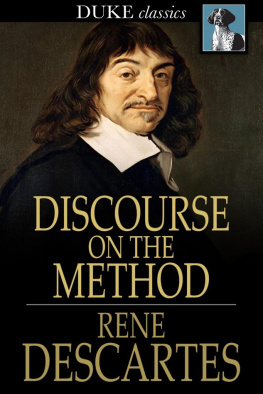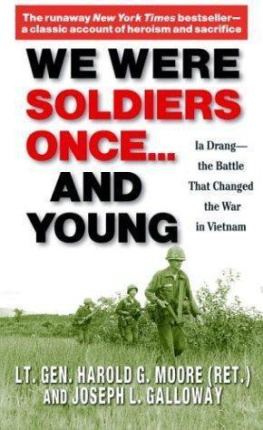Cook Harold J. - The Young Descartes: Nobility, Rumor, and War
Here you can read online Cook Harold J. - The Young Descartes: Nobility, Rumor, and War full text of the book (entire story) in english for free. Download pdf and epub, get meaning, cover and reviews about this ebook. City: Chicago;London;France, year: 2018, publisher: University of Chicago Press, genre: Detective and thriller. Description of the work, (preface) as well as reviews are available. Best literature library LitArk.com created for fans of good reading and offers a wide selection of genres:
Romance novel
Science fiction
Adventure
Detective
Science
History
Home and family
Prose
Art
Politics
Computer
Non-fiction
Religion
Business
Children
Humor
Choose a favorite category and find really read worthwhile books. Enjoy immersion in the world of imagination, feel the emotions of the characters or learn something new for yourself, make an fascinating discovery.
- Book:The Young Descartes: Nobility, Rumor, and War
- Author:
- Publisher:University of Chicago Press
- Genre:
- Year:2018
- City:Chicago;London;France
- Rating:3 / 5
- Favourites:Add to favourites
- Your mark:
- 60
- 1
- 2
- 3
- 4
- 5
The Young Descartes: Nobility, Rumor, and War: summary, description and annotation
We offer to read an annotation, description, summary or preface (depends on what the author of the book "The Young Descartes: Nobility, Rumor, and War" wrote himself). If you haven't found the necessary information about the book — write in the comments, we will try to find it.
The Young Descartes: Nobility, Rumor, and War — read online for free the complete book (whole text) full work
Below is the text of the book, divided by pages. System saving the place of the last page read, allows you to conveniently read the book "The Young Descartes: Nobility, Rumor, and War" online for free, without having to search again every time where you left off. Put a bookmark, and you can go to the page where you finished reading at any time.
Font size:
Interval:
Bookmark:
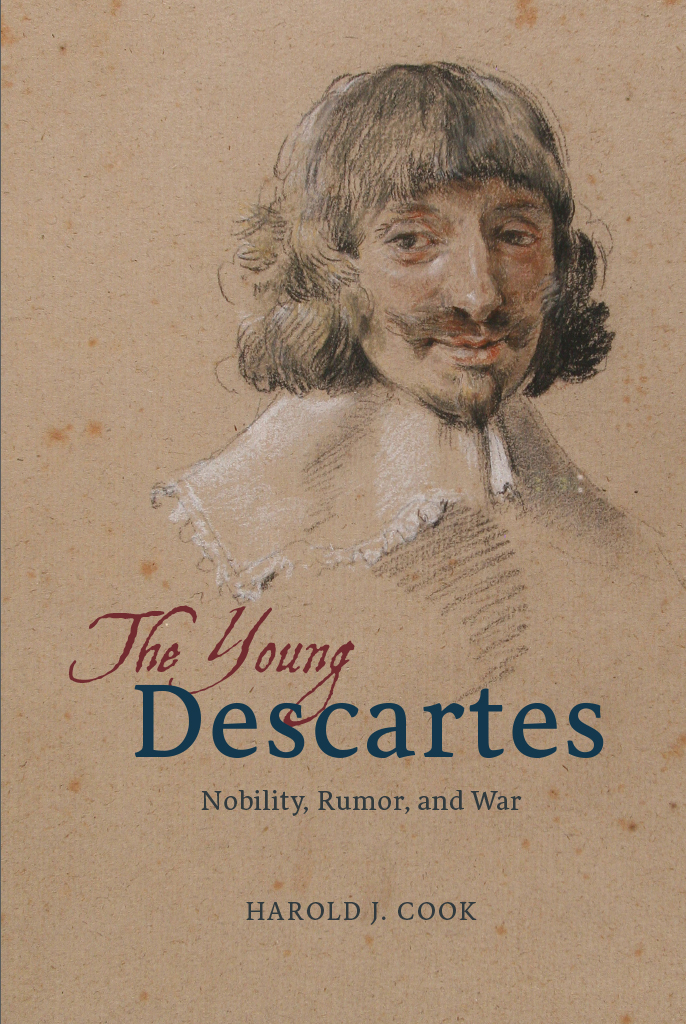
Harold J. Cook
The University of Chicago Press
Chicago and London
The University of Chicago Press, Chicago 60637
The University of Chicago Press, Ltd., London
2018 by The University of Chicago
All rights reserved. No part of this book may be used or reproduced in any manner whatsoever without written permission, except in the case of brief quotations in critical articles and reviews. For more information, contact the University of Chicago Press, 1427 E. 60th St., Chicago, IL 60637.
Published 2018
Printed in the United States of America
27 26 25 24 23 22 21 20 19 18 1 2 3 4 5
ISBN-13: 978-0-226-46296-7 (cloth)
ISBN-13: 978-0-226-54009-2 (e-book)
DOI: https://doi.org/10.7208/chicago/9780226540092.001.0001
Published with support of the Susan E. Abrams Fund.
Library of Congress Cataloging-in-Publication Data
Names: Cook, Harold John, author.
Title: The young Descartes : nobility, rumor, and war / Harold J. Cook.
Description: Chicago : The University of Chicago Press, 2018. | Includes bibliographical references and index.
Identifiers: LCCN 2017025412 | ISBN 9780226462967 (cloth : alk. paper) | ISBN 9780226540092 (e-book)
Subjects: LCSH: Descartes, Ren, 15961650. | PhilosophersFranceBiography.
Classification: LCC B1873 .C66 2018 | DDC 194 [ B]dc23
LC record available at https://lccn.loc.gov/2017025412
 This paper meets the requirements of ANSI / NISO Z39.481992 (Permanence of Paper).
This paper meets the requirements of ANSI / NISO Z39.481992 (Permanence of Paper).
Dedicated to former President Ruth Simmons,
Provost David Kertzer,
and Dean Rajiv Vohra and their successors
Who made this journey possible
Ren Descartes has long been a problem for me. His name is certainly famous, popping up in popular as well as highbrow literature as one of the chief founders of modern philosophy and science or a precursor of the Enlightenment. The usual story treats him as a solitary figure who, perhaps with the help of lying in bed well into the late morning hours, worked out the metaphysics of nature by thinking hard: a genius deducing eternal truths from first principles. Yet he himself said that human beings exist as mind and body united. If we put his mind back into this body, and his body into the midst of his world, whom would we find? He seems to have authored a lost treatise on fencing, and according to all the biographers who wrote about him in the seventeenth century, he was present in arms at the Battle of the White Mountain, often considered the opening conflict in what would turn out to be the Thirty Years War. Was he simply a philosopher, then?
There are other intriguing problems. Descartes is understandably considered French, or a French cosmopolitan, and he loved Paris, where his closest friends could be found. Yet for his last twenty years and more, he lived away from his home country. Why? He spent almost all of that time abroad in the Dutch Republic, and that is where he wrote and published the books that made him famous. He benefited much from the information he gathered from his Dutch acquaintances as well as from their questions and encouragement, and he acquired a bit of spoken Dutch, although he apparently never became fully comfortable in it. So should we think of him as not simply a French philosopher? And how was he supporting himself? He had sold off what he inherited from his mother years before, held no public office, didnt seem to take pupils, and was without a visible patron. Even in The Netherlands, however, he kept moving from place to place. Moreover, while many observers see him as a good son of the Catholic Church, some of his early friends turn out to have been freethinking libertines, he expressed affection for people who were Calvinist, and several of his most active supporters in later years belonged to marginalized Catholic groups, such as the Oratorians and Jansenists. He finally departed from Amsterdam on another journey, to the court of the freethinking Queen Christina of Sweden, where he died in February 1650. She sent one of her largest warships to convey him to Stockholm. That extraordinary mark of distinction is very curious, suggesting that she considered him more than an ordinary visitor. Did she imagine him to be a simple philosopher, or some other kind of person?
Perhaps Descartess early years, in the period before he became known for his printed words, can shed some light on these and other events that do not fit comfortably in the consensus view of his life. His biographers have for the most part brushed aside his first thirty-five years, when he was constantly in motion, as preliminary to the important business of writing philosophy. During the early years, the dapper young nobleman introduced himself to strangers as the sieur du Perron and served on the battlefields of central Europe before traveling on to Italy and making the acquaintance of high-ranking figures in the church. Moreover, if one is attentive to Descartess own writings, further questions emerge that might need explanation, such as his views about human and animal physiology and the passions, which did not privilege the male. His mothers family saw to his education, and his political alliances seem to have been with women: possibly the duchesse du Chevreuse, the queen regent Marie de Medici, and Queen Anne; certainly Princess Elizabeth and Queen Christina. Apparently the female connections in his life require as much attention as the male ones.
In short, the more one considers Descartess early life, his world, and his writings, the more questions arise. Having myself moved into a privileged environment where the pursuit of knowledge and education remain valued ideals, I decided to try to look for him in the seventeenth century. He turns out to have been right in the midst of some of the most important struggles for Europe in his time.
So, to come back to the question of why Descartes spent the second half of his life in The Netherlands: I now think that he had become an exile.
From my earlier studies on The Netherlands, in which I was alert to his presence there and was guided by many fine intellectual historians, I had come to doubt many of the messages I had previously learned about Descartes. His Dutch friends seem to have thought of him differently than the later legends. Why was he there, I began to wonder. So I began picking up parts of his story before he settled in the Dutch Republic. As I did so, some of the oddest reports appeared to become more plausible than not, suggesting further reading. Then, paging through indexes to the papers of Cardinal Richelieuthe chief minister to the French king Louis XIIII stumbled across a reference to one Descart as a figure in an action at the siege of La Rochelle: could this be our man? If so, it would confirm the statements of his first biographers, which have been doubted in recent generations. Similarly, when reading an authoritative account of the reign of Louis XIII, I learned that his father had been one of the chief judges in a political triala kind of kangaroo courtthat passed the death sentence on one of Richelieus enemies, a young aristocrat, the comte de Chalais. That fact can be verified, and contextualized. Chalais had been invited into a grand plot by his lover, a leading member of the aristocracy, Marie de Rohan, the duchesse du Chevreuse. Her father in turn was the lord of the town in which Descartes was born as well as the person in charge of the greatest event at Rens boyhood school: the ceremonial entombment of the heart of the assassinated king, Henri IV, above the chapel altar. Moreover, Descartess most authoritative early biographer says that he had sought the patronage of the person who happened to be Marie de Rohans second husband, who also came from one of the leading families of France and the Holy Roman Empire, the Guises of Lorraine. Their son in turn later translated Descartess
Next pageFont size:
Interval:
Bookmark:
Similar books «The Young Descartes: Nobility, Rumor, and War»
Look at similar books to The Young Descartes: Nobility, Rumor, and War. We have selected literature similar in name and meaning in the hope of providing readers with more options to find new, interesting, not yet read works.
Discussion, reviews of the book The Young Descartes: Nobility, Rumor, and War and just readers' own opinions. Leave your comments, write what you think about the work, its meaning or the main characters. Specify what exactly you liked and what you didn't like, and why you think so.

